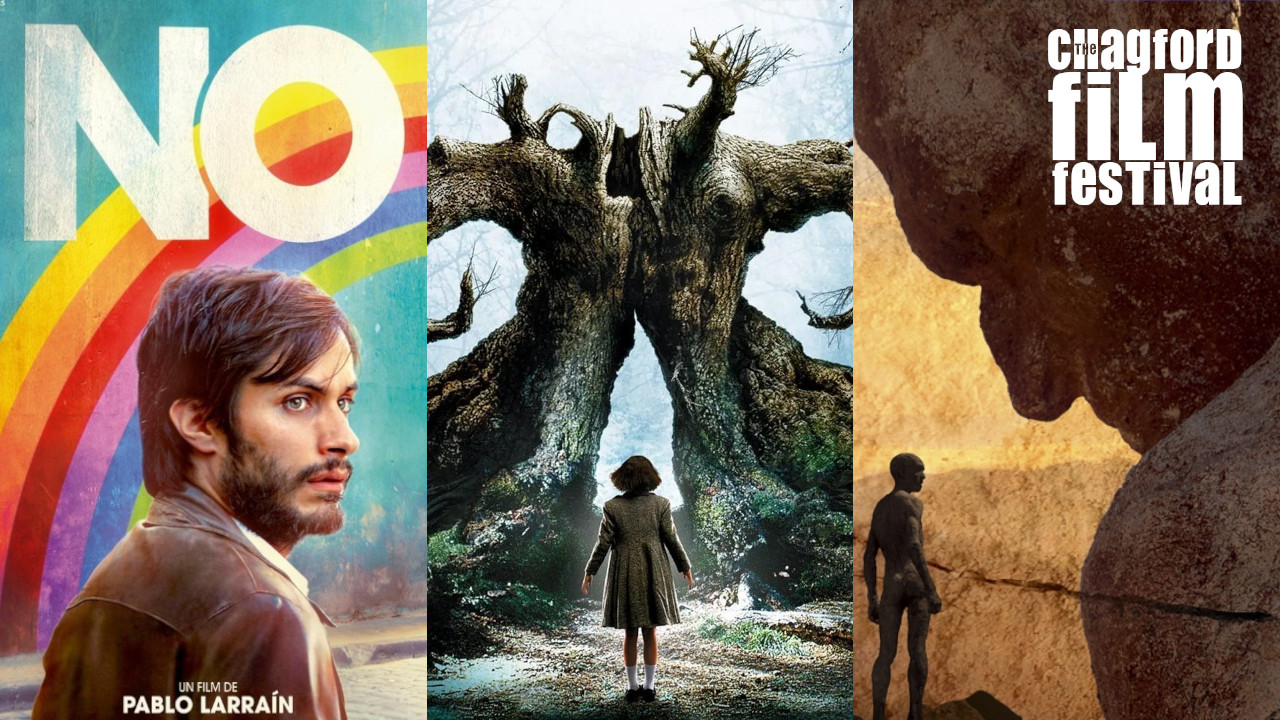Yes, I am very late to post about this …
From school to university, there is a clear distinction between student and teacher. The line blurs after your freshers year, but it was only in the opening weeks of my MA I realised that the border was gone. I was told to meet one of my lecturers at Queen’s building, beneath the golden star. It was there I met my lecturer, Portuguese academic, and a PhD student.
When you find yourself crammed into a taxi beside your lecturer, a strange realisation hits you. When did you cross that line? In school, you’d have never thought about being in such a situation. When did I stop being just a student and enter the strange realm of the academics?
It doesn’t feel that long ago. But my time at Exeter is over. It feels too soon. Writing roundups like this remind me of everything that has elapsed. It can be painful. I remember I felt I had finally reached the moment of serious academic life. I was very quiet then, letting everyone lead me around.
On our list were two films and a documentary. The first two emerged from Latin American directors – which was why I was invited in the first place – and the last concerned the memory of the Franco regime. All viewings were unified by their focus on resisting authoritarianism.
Pan’s Labyrinth
Guillermo del Toro
This is a film often mislabelled as a fantasy film, when in fact it can be strongly argued as a form of magical realism. Of course, there is a fantasy world, but it is strongly opposed by the fascist real. Anyone determined to discover if the fantastic is just in the mind of Ofelia, will find this a fruitless endeavour. What is real is as ambiguous as it is in Ponette.
Pan’s Labyrinth is a very strong cinematic combination of folklore and one small battle in the Spanish Civil War. With its strong visuals, owed to its value of costume over CGI, the movie is bound to be timeless. It is even meticulous on an audial level, with the uptight captain of the Nationalist forces, characterised by the creaking leather of his uniform. The multisensory experience and the woodiness of its fantasy make this a bold attempt at approaching history and memory. I couldn’t find much wrong with the film.
No
Pablo Larraí
Pan’s Labyrinth is a difficult film to follow, but any lover of retro cinematography will find this transition easy. Under international pressure, the Chilean dictator, Augustus Pinochet, calls a referendum to justify his rule. ‘Yes’ means eight more years. Larraí is concerned with the ‘No’ campaign and their experience in the face of violent, authoritarian government.
Gael García Bernal was chosen to star as the film’s protagonist, bringing so much emotional depth through the subtlest of facial expressions. This alongside the more technical aspects of the film made it hard to believe that this was choreographed. Often or not, the filmed footage is indistinguishable from the real archival footage, thanks to the use of ¾ inch Sony U-matic magnetic tape and a handheld camera. The rough cuts, the high-pitch whine, and a highly sensitive microphone brought back a memory of the box TVs (CRTs) wheeled out in primary schools in the 00s, where we would watch some government-issued first-aid tape. The effect of its rough vintage look awards the film authenticity, deepening their terror and representing the true feat of their achievement.
The Silence of Others
Almudena Carracedo & Robert Bahar
A £12.50 small plate of fish and chips later – and they were as good as deep-fried potatoes and fish can be (I’m not a food blogger) – we went upstairs for the best-attended film of my day.
The Silence of Others concerned the lasting legacy of Falangist Spain in the, now, democratic Kingdom of Spain. Here the main theme running through all three selected films became clear: memory. The film questions whether the past is truly gone. Now Franco is dead, and the regime apparently over, the film draws our attention to two key sites. First, the statues remember the forgotten dead. Some have gunshots in them. Poetic. Secondly, the street names and squares in Franco’s and other collaborators’ honour still present are highlighted. It begs us to question that conspiracy of silence, which seeks to enforce national amnesia and cover up the crimes of the past. In this sense, the film relates well discursively with Modiano’s The Search Warrant or Rachel Seiffert’s The Dark Room.
MY Concluding Remarks
Sometimes things happen for a reason. A timetabling muck up by the University, led to me second-guessing my choice to do both Modernism and Material Culture and American Modernism modules together. You can have enough modernism. That was apparent to me once I saw the reading list.
The Chagford event made me excited for a term of Latin American cinema. I’d only heard of Pinochet through Isabelle Allende. My knowledge of Franco was minimal. I learned so much that day. I was so embittered that I was driven to learn more. Without this, I might have never taken up my interests in World Literature/Cinema. But regardless, I feel it was destined, as modernism never really lined up with my research interests.
Keep your eyes peeled as very soon the August issue will be released, alongside some belated entries to the Nathology. There are still so many films from my year in Exeter to talk about.

